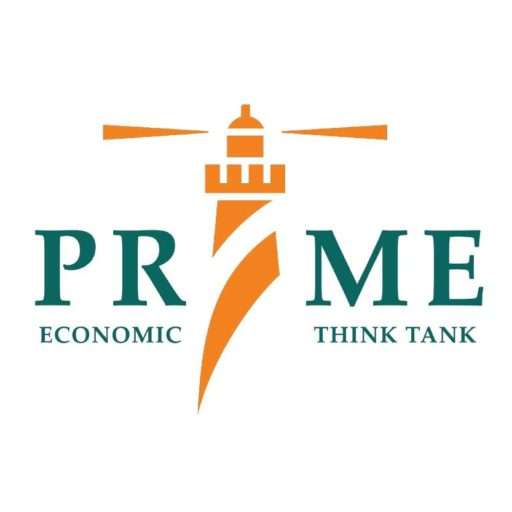Economic Freedom Promotes Upward Income Mobility
New study shows increased economic freedom leads to greater income mobility for workers and entrepreneurs

Islamabad, Pakistan—Economic freedom enhances income mobility while the poor in unfree nations have fewer opportunities to escape poverty and build prosperity, finds a new study released today by Policy Research Institute of Market Economy (PRIME) in conjunction with Canada’s Fraser Institute, an independent, non-partisan public policy think-tank.
“The main purpose of economic development should be to provide opportunities for upward social mobility of a vast majority of citizens. This can be achieved through inclusive economic policies and re-allocation of resources from rent seeking to efficiency seeking activities” said Ali Salman, Executive Director PRIME.
Many factors contribute to economic freedom but the most important for income mobility are rule of law and restrictive regulations. In uneconomically free nations, domineering government and crony elites use the rule of law, not to protect the freedom of all but entrench the privilege of their cliques while undermining the rights of everyone else.
Similarly, regulations are too often used to exclude people from work and opportunity, even in nations with a relatively robust rule of law. Government regulation may require workers to purchase occupational licenses or train to acquire credentials before they can work.
Pakistan ranked 139 in rule of law, ranked 140 in economic freedom and 123 in regulations; the country stood at 137 in terms of labor market regulations and 109 in business regulations.
“Government regulations impede the ability of workers to make themselves better off by slowing the upward mobility of workers,” said Vincent Geloso, an assistant professor of economics at George Mason University, senior fellow at the Fraser Institute and co-author of Economic Freedom Promotes Upward Income Mobility
The study shows that labor regulations across industries slow wage growth for low-income workers. And, particularly, inappropriate minimum wages and occupational licencing tends to hurt income growth among the poor more than among higher-income workers.
The same effect is also observed for would-be entrepreneurs who face barriers to entering certain industries because of regulatory costs and fees.
“If governments are genuine in their desire to help low-income workers climb the income ladder during the COVID recovery and beyond, they should take a second look at regulations and look for ways to increase economic freedom in their respective jurisdictions,” Geloso said.
The Fraser Institute produces the annual Economic Freedom of the World report in cooperation with the Economic Freedom Network, a group of independent research and educational institutes in nearly 100 countries and territories, including PRIME Institute in Pakistan. It’s the world’s premier measurement of economic freedom.
Click below to read full report:
MEDIA CONTACT:
Afzal Khan: afzal@primeinstitute.org or call at 03330588885


